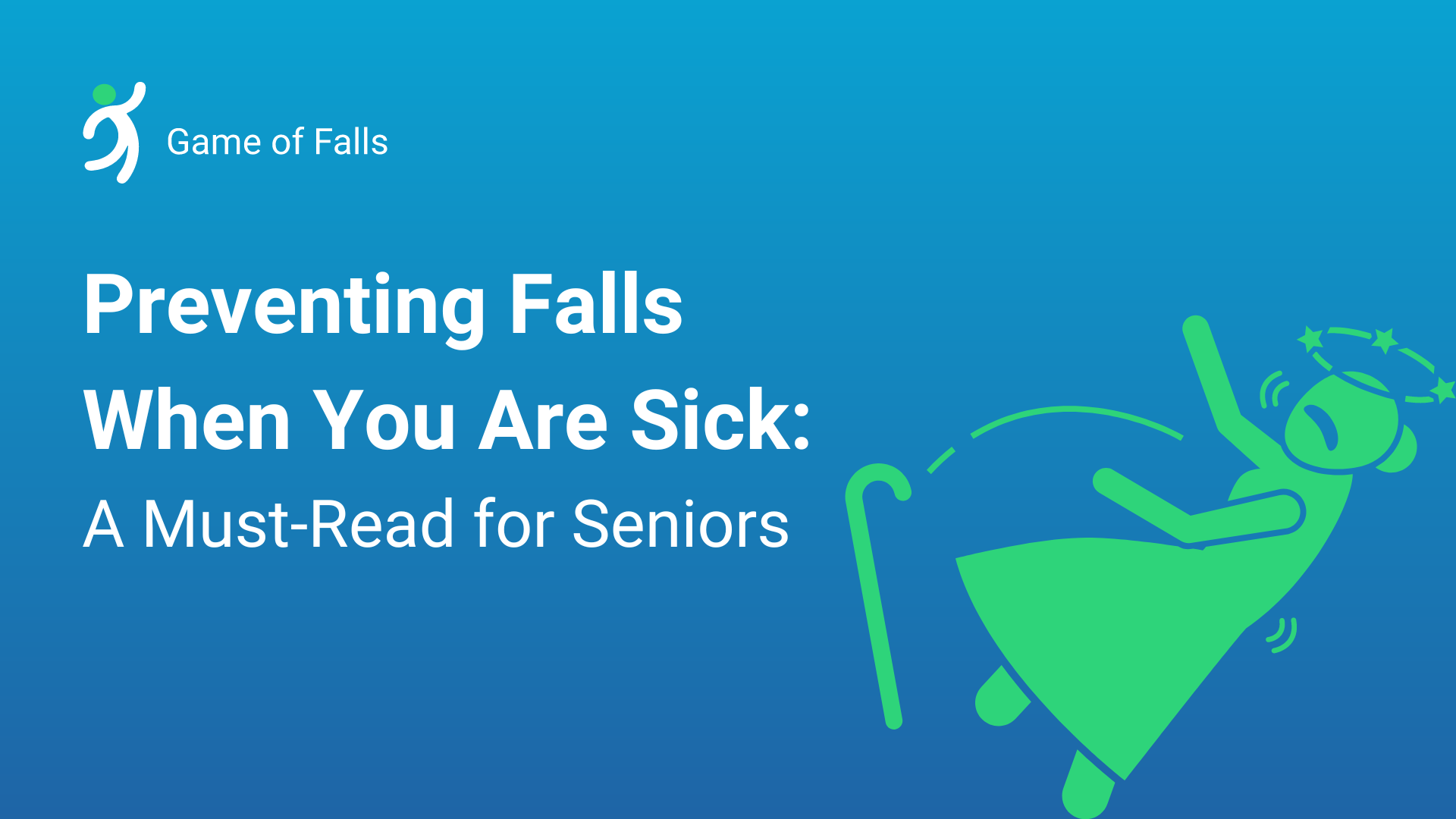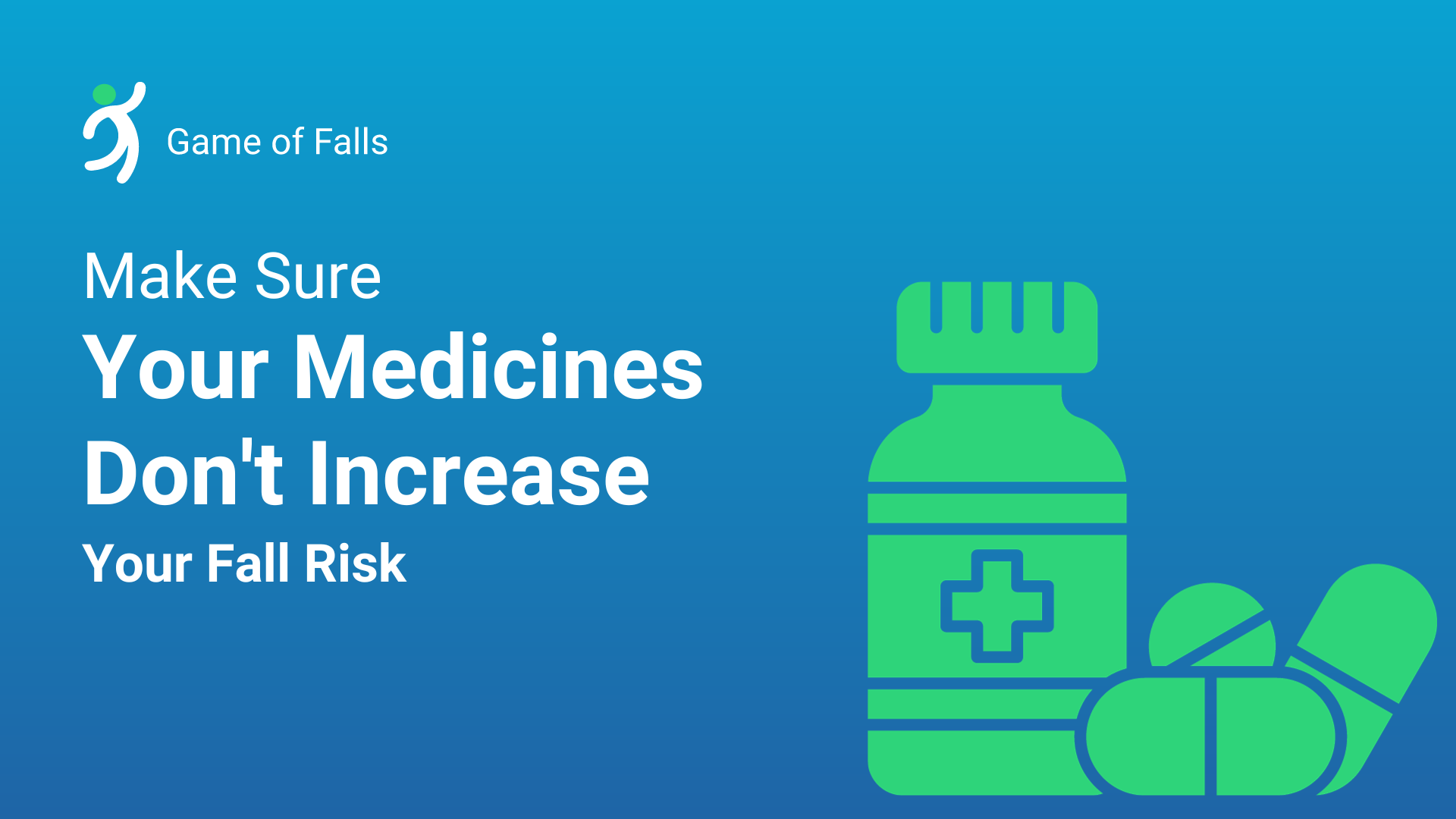
Prevention of falls in Hospital is a major problem, and they can have serious consequences for patients, including injury and even death. As such, preventing falls in hospitals is a top priority for healthcare providers. In this article, we’ll explore why preventing falls is so important, as well as some of the strategies that hospitals can use to reduce the risk of falls.
Why Prevention of falls in Hospital So Important
There are a number of reasons why preventing falls in hospitals is so important. Here are just a few:
Patient Safety

Falls can result in serious injuries, such as broken bones, head trauma, and even death. Preventing falls is critical to ensuring the safety and well-being of patients.
Liability
Hospitals can be held liable for patient injuries that occur as a result of falls. By taking steps to prevent falls, hospitals can protect themselves from legal action and financial penalties.
Cost
Falls can result in significant costs for hospitals, including medical expenses, legal fees, and insurance premiums. By preventing falls, hospitals can save money and reduce their overall expenses.
Reputation
Falls can damage a hospital’s reputation and make it less attractive to patients and staff. By preventing falls, hospitals can enhance their reputation and attract more business.
Prevention of falls in hospital- Strategies
There are a number of strategies that hospitals can use to prevent falls. Here are a few examples:
Risk Assessment
Hospitals can use risk assessment tools to identify patients who are at high risk for falls. These tools take into account a variety of factors, such as age, medical history, and medication use, to determine a patient’s risk level.
Staff Training

Hospitals can train their staff to recognize and respond to fall risks. This includes educating staff on the importance of fall prevention, as well as providing them with the tools and resources they need to identify and address fall risks.
Environmental Modifications
Hospitals can modify their environment to reduce the risk of falls. This includes removing trip hazards, installing handrails and grab bars, and providing adequate lighting.
Patient Education
Hospitals can educate patients and their families on the importance of fall prevention, as well as provide them with information on how to reduce their risk of falling.
Technology
Hospitals can use technology, such as bed alarms and motion sensors, to alert staff when a patient is at risk of falling.
FAQs
Q: Who is most at risk of falling in hospitals?
A: Older adults, patients with certain medical conditions, and patients who take certain medications are at the highest risk of falling in hospitals.
Q: What can hospitals do to prevent falls?
A: Hospitals can use a variety of strategies to prevent falls, including risk assessment, staff training, environmental modifications, patient education, and technology.
Q: How can patients reduce their risk of falling in hospitals?
A: Patients can reduce their risk of falling in hospitals by following staff instructions, using mobility aids when needed, wearing appropriate footwear, and asking for help when needed.
Q: Are falls common in hospitals?
A: Yes, falls are a common problem in hospitals, particularly among older adults and patients with certain medical conditions.
Q: What are the consequences of falls in hospitals?
A: Falls in hospitals can result in serious injuries, such as broken bones, head trauma, and even death.
In conclusion, preventing falls in hospitals is of utmost importance to ensure patient safety and prevent injury or even death. Falls can happen for a variety of reasons, such as environmental hazards, patient behavior, medication side effects, or underlying medical conditions. Therefore, it is crucial to implement fall prevention strategies that are evidence-based, multidisciplinary, and patient-centered.
Effective fall prevention programs involve a systematic approach that includes risk assessment, tailored interventions, staff education, and ongoing monitoring and evaluation. They should also address the unique needs and preferences of each patient, such as mobility limitations, cognitive impairment, and sensory deficits. Moreover, they should promote a culture of safety and collaboration among healthcare providers, patients, families, and caregivers.
While preventing falls in hospitals requires a significant investment of resources, including time, money, and effort, it ultimately pays off in terms of better patient outcomes, increased satisfaction, and reduced healthcare costs. By reducing the incidence of falls, hospitals can not only avoid adverse events and legal liability but also improve their reputation and competitiveness. Therefore, preventing falls should be a top priority for any hospital that aims to deliver high-quality, patient-centered care.
check out an interactive game Gameoffalls – Prevent Elderly falls
As flu season turns up the dial, one question often comes to mind: Why does the flu hit older adults so hard? It’s a perfect storm where senior flu prevention becomes key since their natural aging nudges immune systems into a less active state, amplifying the impact of flu symptoms. For caregivers, ensuring flu season […]
Confidence is a crucial ingredient in living a fulfilling and independent life, especially for seniors. So, what happens when an event like a fall shakes the very foundation of a person’s confidence, particularly in the elderly? After a fall, it’s natural for seniors to feel vulnerable and apprehensive about engaging in their everyday activities. Fear […]
Have you considered that growing older might mean getting better, so long as you nurture the one body you’ve been given? Staying active is a dynamic part of aging, and a key aspect of that is utilizing preventive health screenings to catch problems early. The good news is that Medicare and most health plans cover […]
Did you know that the medicines meant to ensure your health could also increase your chances of a fall? It’s a startling thought, but true for many older adults. As we age, we often become, rather ironically, a walking pharmacy. With every pill we swallow to keep our health conditions in check, there lies an […]





